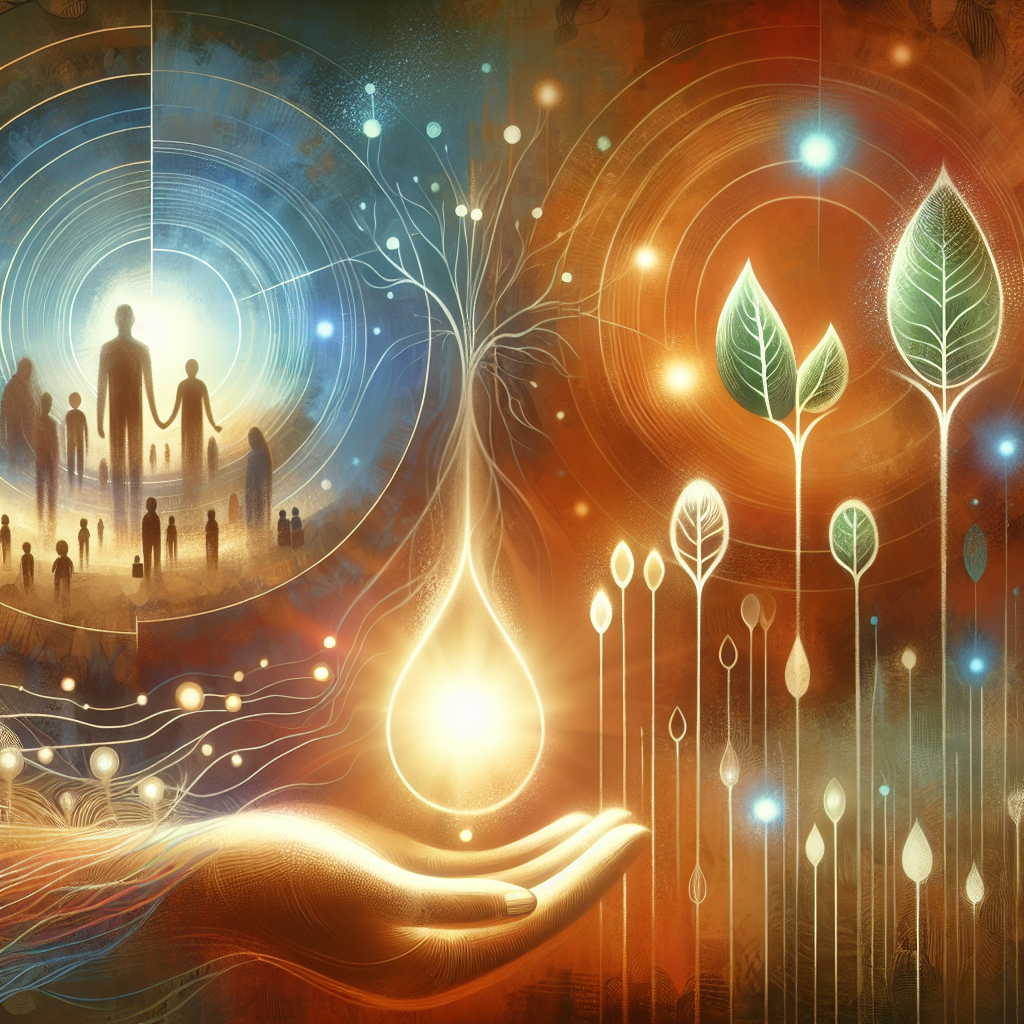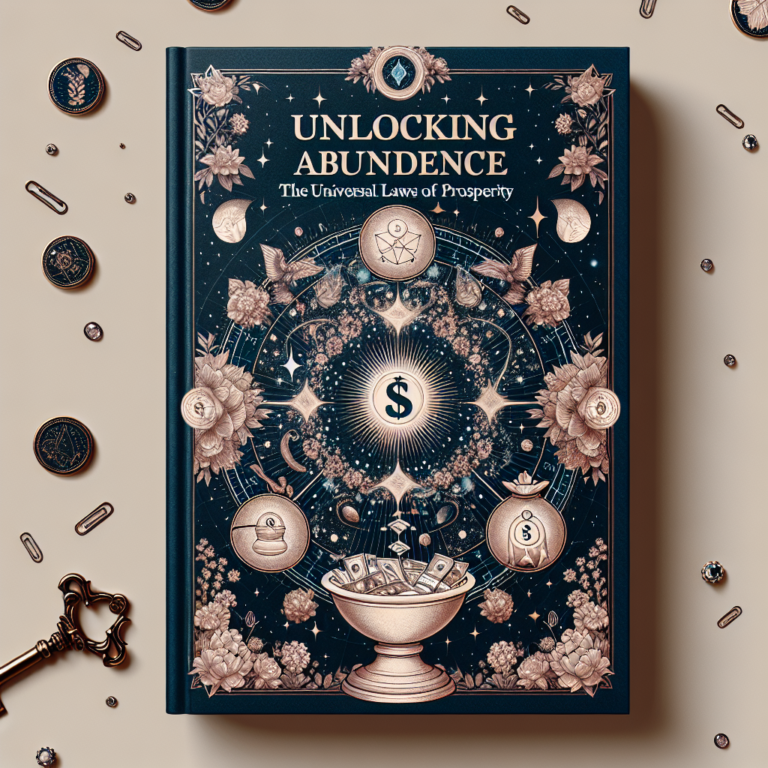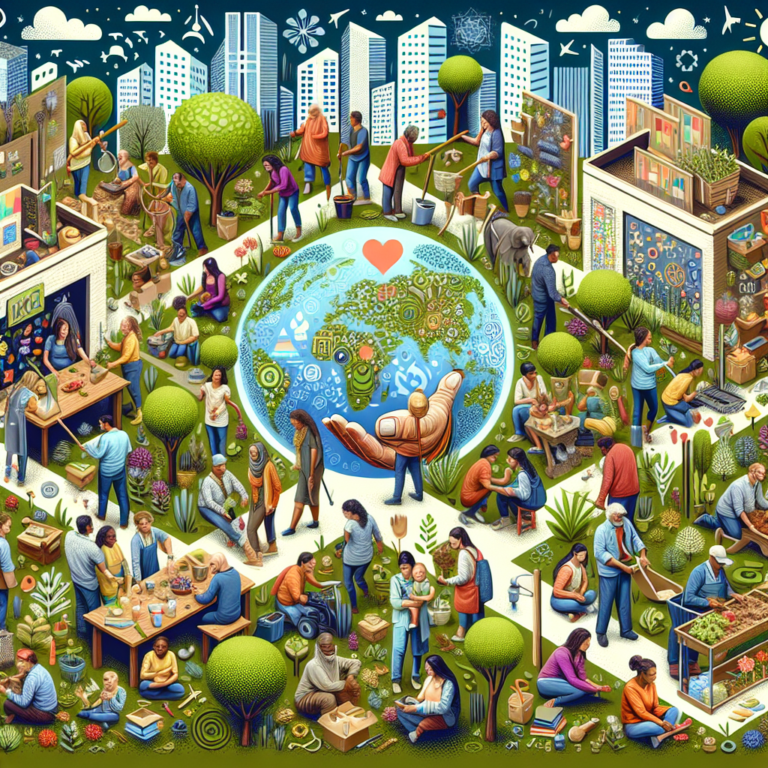Introduction
Generational karma refers to the accumulated patterns of behavior, beliefs, and experiences that are passed down through generations. These patterns can have profound effects on our lives, influencing our relationships, emotional well-being, and even our physical health. Understanding generational karma is crucial for those seeking healing and transformation in their lives.
This article aims to explore the concept of generational karma, its implications, how it manifests in our lives, and how we can actively engage in healing ourselves and our family lineage. Through this exploration, we can gain insights into how to break free from negative cycles and empower future generations.
What is Generational Karma?
Generational karma is a term that encompasses the idea that the actions and experiences of one generation impact subsequent generations. This can manifest as emotional wounds, behavioral patterns, and even physical ailments. The concept is deeply rooted in various spiritual and psychological philosophies that suggest we carry not just our own experiences but also the remnants of those who came before us.
The Origins of Generational Karma
The concept of inherited karma has its roots in Eastern philosophies such as Buddhism and Hinduism, where karma signifies the actions of individuals and their moral consequences. In these traditions, the belief is that individuals are not just accountable for their own actions, but also for their ancestral lineage’s choices, creating an intricate web of karmic consequences.
In contemporary psychology, the idea of generational trauma aligns closely with the concept of generational karma. The psychological effects of trauma experienced by ancestors can reverberate through the family tree, influencing the emotional states and coping mechanisms of descendants.
Understanding the Patterns of Generational Karma
Generational karma manifests through various patterns which may include:
- Emotional Inheritance: Feelings of anxiety, depression, or unresolved grief can be inherited from parents or grandparents who have not navigated their emotional landscapes.
- Behavioral Cycles: Repeated dysfunctional behaviors, such as addiction or abusive relationships, may find their roots in previous generations.
- Societal and Cultural Beliefs: Limits imposed by societal norms can create barriers that persist over generations, affecting how individuals perceive themselves and their potentials.
- Physical Manifestations: Some researchers suggest that stress and trauma can lead to physical ailments—evidence that our ancestors’ experiences can affect our biological makeup.
The Impact of Generational Karma
Understanding the impact of generational karma is key to identifying pathways for healing. Here are some of the primary effects that generational karma can have:
Emotional Disturbances
Emotional disturbances, such as anxiety, depression, and chronic stress, may be symptoms of unaddressed generational issues. Often, individuals find themselves struggling with feelings they cannot attribute to their current circumstances, leading to confusion and distress.
Repeating Patterns
Individuals may find themselves repeating unhealthy patterns or behaviors that their parents or grandparents exhibited. For instance, children of alcoholics may also develop substance abuse issues. Recognizing these patterns is the first step towards breaking the cycle.
Relationship Struggles
Generational karma can deeply impact relationships. Issues such as trust, commitment, and communication may be influenced by ancestral experiences. Understanding these dynamics can provide critical insights into how to build healthier relationships.
Healing Generational Karma
While recognizing and tackling generational karma can be challenging, it is indeed possible to heal and transform these inherited patterns. Here are several methods and practices that can facilitate healing:
1. Acknowledgment and Awareness
The first step toward healing is acknowledging the existence of generational patterns. This requires self-reflection and an open mind. Journaling about family history and dynamics can help bring unconscious patterns into awareness.
2. Family Constellation Therapy
This therapeutic approach helps individuals observe familial patterns by arranging family members (or representatives for them) in a group setting. This method provides a visual representation of dynamics and facilitates healing through understanding.
3. Talking to Elders
Engaging in conversations with older family members can unveil stories and experiences that illuminate generational karma. This dialogue can foster reconciliation and understanding, helping to heal both past and present discrepancies.
4. Mindfulness and Meditation
Practicing mindfulness and meditation enables individuals to cultivate a greater awareness of their thoughts and emotions. This practice supports emotional healing by helping individuals separate their feelings from their ancestry and thereby address their own emotional wounds.
5. Professional Counseling
Therapists skilled in generational trauma can offer guidance on how to navigate inherited patterns. They can provide tools to break cycles and encourage healthier emotional and behavioral strategies.
6. Rituals and Ceremonies
Engaging in personal or familial rituals can help honor the past and invite healing. Whether through writing letters to ancestors, creating memorials, or lighting candles, these acts can provide a sense of closure and transformation.
Creating a Legacy of Healing
As we begin to heal ourselves and our generational patterns, we create a ripple effect that can impact future generations. It is essential to understand that breaking old cycles does not only serve us, but also establishes a new legacy for our descendants.
Educating Future Generations
Encouraging open dialogue about family history and emotional wellness is fundamental for future generations. When children learn to understand and articulate family patterns and their effects, they are more equipped to navigate their emotional landscapes.
Establishing Healthy Family Dynamics
By embodying healthier behaviors and modeling constructive communication, families can cultivate environments that celebrate emotional intelligence and resilience.
Conclusion
Understanding generational karma offers profound insights into our personal healing journeys. By recognizing patterns inherited from our ancestors, we can begin to unravel the complexities of our emotional and behavioral aspects. Engaging in healing practices, fostering dialogue, and establishing healthy legacies become critical components for breaking negative cycles.
Through this pathway of understanding and healing, we not only liberate ourselves from the burdens of the past but pave the way for a brighter, healthier future for generations to come.
FAQs
What is the difference between personal and generational karma?
Personal karma refers to the consequences of one’s own actions and decisions throughout their lifetime, while generational karma encompasses the inherited patterns and consequences passed down through family lineage.
Can generational karma be healed?
Yes, generational karma can be healed through various practices such as therapy, mindfulness, education, and open communication, as well as through rituals that honor the past.
How can I identify generational patterns in my life?
By engaging in self-reflection, journaling about family history, and observing behavioral or emotional patterns in yourself and family, you can begin to identify generational karma.
Is it possible to create new legacies for future generations?
Absolutely. By actively working on your healing journey and modeling positive behaviors, you can establish new, healthier legacies that future generations can benefit from.
Are there specific therapies recommended for dealing with generational karma?
Yes, therapies such as Family Constellation Therapy, trauma-informed therapy, and mindfulness-based practices are highly recommended for dealing with generational karma.
, It seems you might have wanted to provide a prompt for me to respond to, but it appears as though you didn’t include it. Could you please provide the prompt or let me know how I can assist you?, #Understanding #Generational #Karma #Pathway #Healing, #Understanding #Generational #Karma #Pathway #Healing, 1734056493, understanding-generational-karma-a-pathway-to-healing





